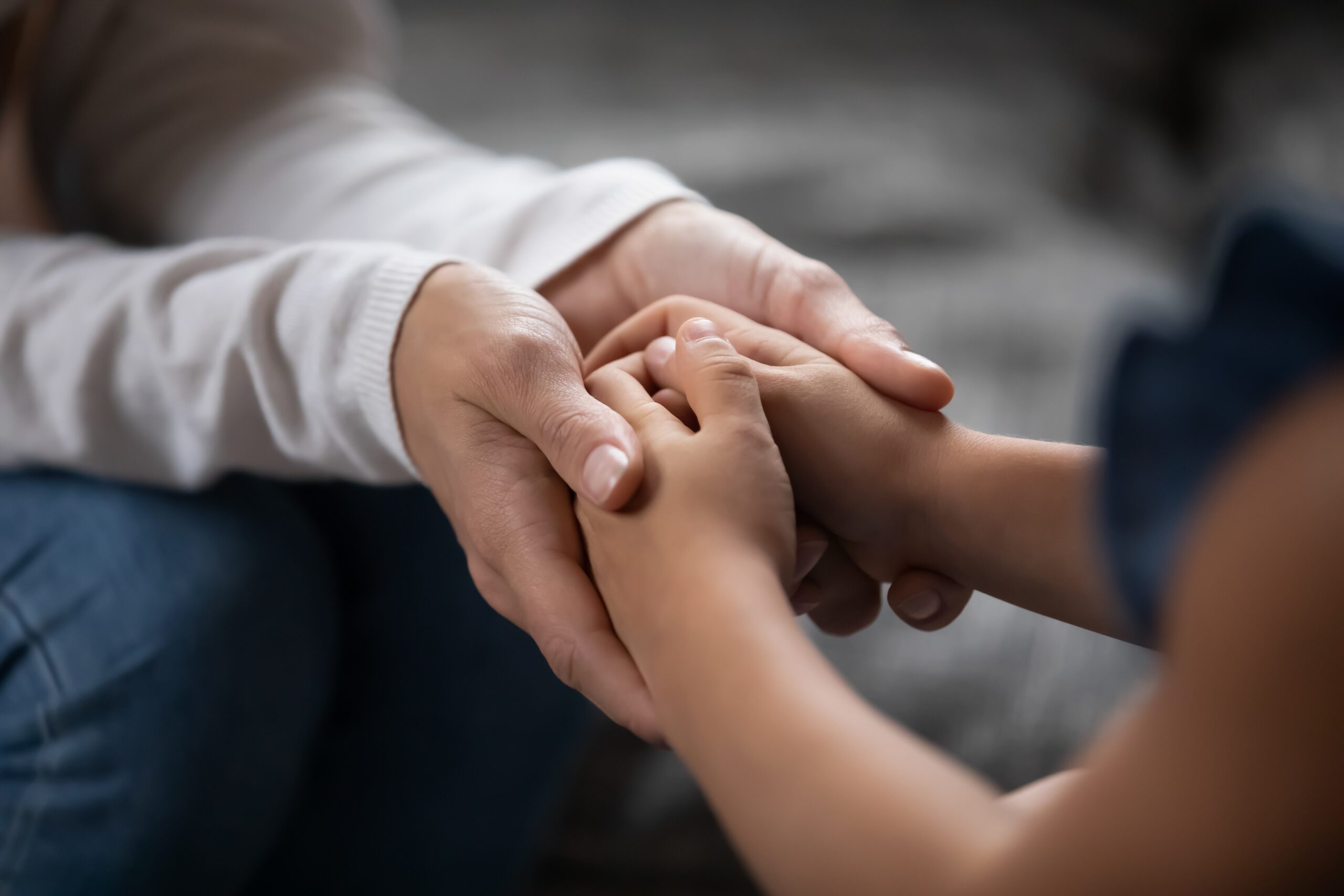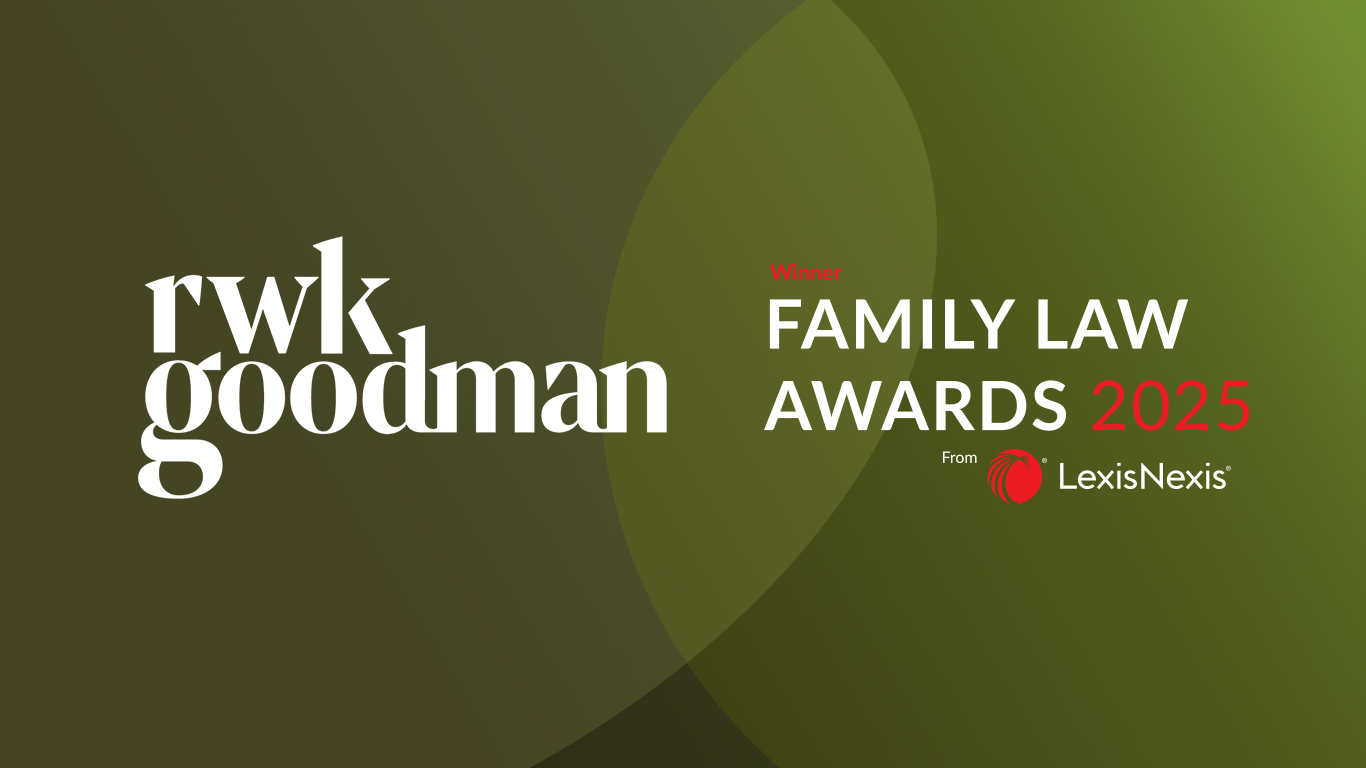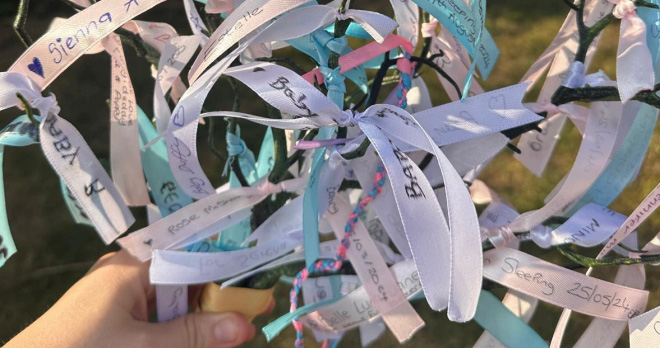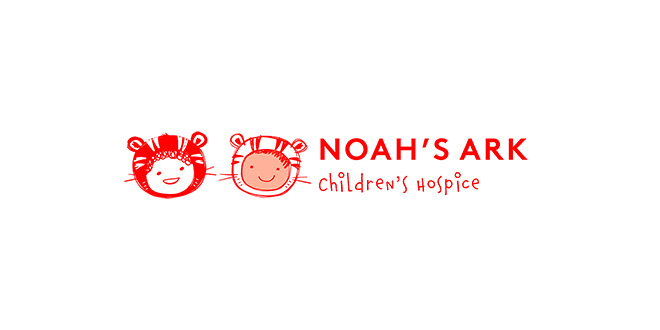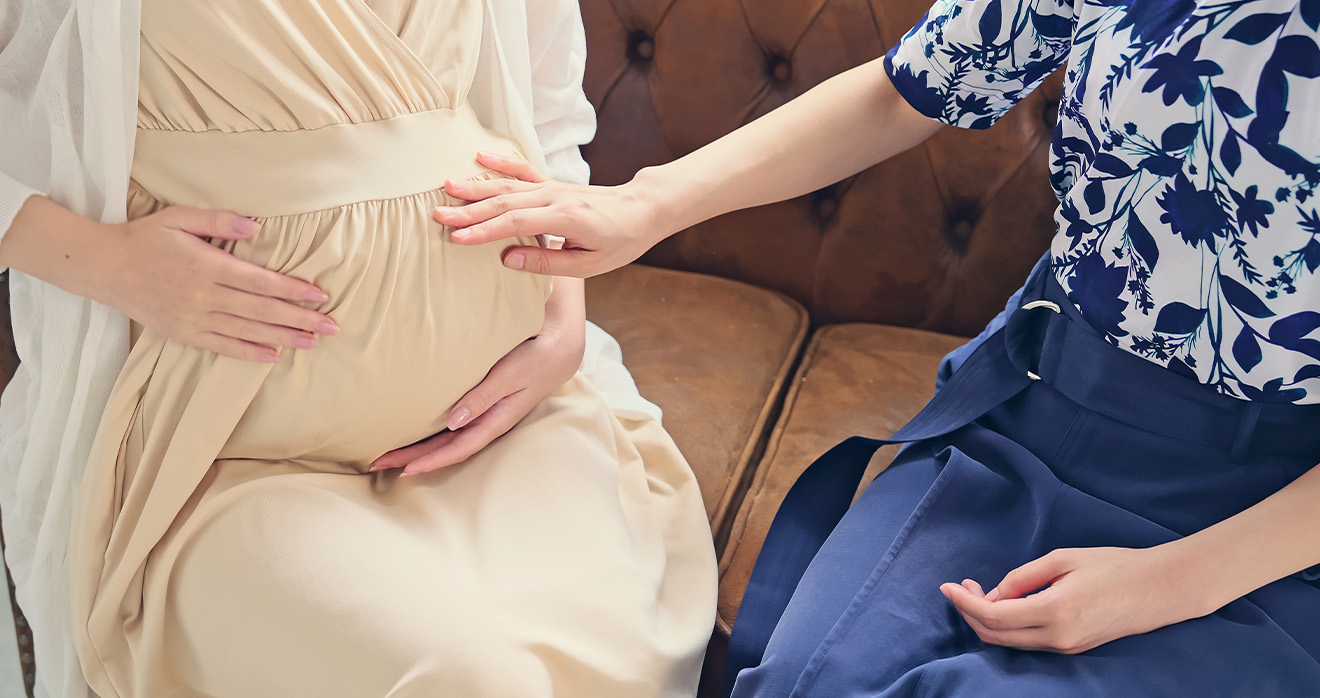Clare’s Story
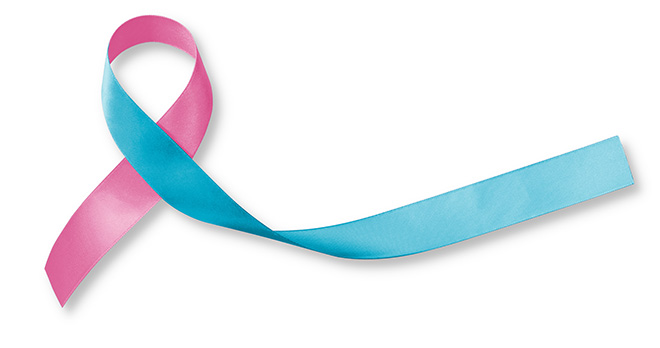
Our client, Clare, was pregnant with her third child. Her two older children are healthy and there were no complications during her pregnancies with them.
Her pregnancy with Isabelle progressed well until she reached 32-33 weeks gestation. At that stage, she experienced itching on her hands and feet. She raised this with her midwife and told her that it was worse at night, she had made herself bleed with the itching and it was getting progressively worse. The midwife took a blood sample to check for anything serious.
The blood results were abnormal as they demonstrated abnormal liver function. Clare’s GP contacted her to inform her that the blood test was abnormal and she should have some additional blood tests performed and discuss the results with her midwife.
Clare phoned her midwife and told her the GP had informed her that the blood test was abnormal and she therefore intended to visit the hospital to have the bloods done again. The midwife said she would speak to the Consultant about the blood results first and get back to Emma.
There is an entry in the medical records noting that the midwife discussed the blood results with a consultant and there was “no need to repeat”.
The midwife phoned Clare again the same day and said she had discussed the blood results with the consultant and while they were abnormal for someone who was not pregnant, the results were in the normal levels for a pregnant person. The midwife advised Clare that she did not need to have the blood test repeated.
Clare continued to experience the itching and again raised it with the midwife who advised her to be careful with what products she was using on her skin as her skin may be more sensitive during pregnancy. The midwife reassured Clare that a consultant had looked over the results and there was nothing to worry about. The itching became more and more intense and while Clare continued to raise it with the midwife, she was reassured.
At 39+ 5 weeks gestation, Clare attended the hospital complaining of reduced foetal movements. Clare was assessed by a midwife who was unable to find the baby’s heartbeat. She then thought she had found a heartbeat but was not sure if it was the baby’s or Clare’s. An ultrasound scan was undertaken and Clare was informed that her baby had sadly died. The ultrasound scan was repeated in accordance with protocol and it was again confirmed to Clare that her baby had sadly died.
Clare was transferred to a bereavement room and informed that she would be induced so that her baby could be delivered. She requested a caesarean section which was declined. She subsequently ensured 17 hours of labour before her daughter was delivered.
Clare describes these events in her own words;
“I attended hospital with a horrible sinking feeling in my stomach that something was wrong. On my initial ultrasound, the midwife struggled to find a heartbeat.
Those couple of minutes, I just held my breath.
What if they can’t find a heartbeat??
What if I lose my baby??Finally I heard my baby’s heartbeat and I could breathe again – although it was really faint and not like I had heard before. That’s when I immediately started worrying again.
Then another doctor came into the room and said they would need to do another scan to check if my baby’s heart was still beating.
I had the scan and the doctor told me my baby had sadly passed away. I felt my whole world come crashing down on me. How could that be true??
I was devastated. I asked to have a caesarean section but this was refused. I was induced and finally gave birth after 17 of the longest hours of my life.
I stayed in hospital for longer than I needed as I couldn’t face going home to my two older children without their sibling. How would I explain this to them? How could I deal with my own grief while protecting them and helping them deal with theirs?
When leaving the hospital, I remember hearing the sound of crying babies all around me and other women in labour. That sound will haunt me forever.
Now, whenever I look after my children I feel that one is always missing.”
Clare spent some time with her daughter at the hospital, she held her and gave her a bath prior to being discharged home the following day. She struggled to leave her and visited her daily at the funeral home in the period leading up to her funeral.
Clare subsequently experienced flashbacks to the treatment she received during her pregnancy with Isabelle. She developed low mood and felt suicidal. She found it hard to continue to live, wanting to join Isabelle in death. She did not act on her suicidal impulses through a sense of responsibility to her other children.
Clare sought help from SANDS but they were only able to offer group-based therapy. Clare did not feel this would assist her as she did not want to hear stories of other people’s experiences. Clare went on to experience Post Traumatic Stress Disorder and depression.
The legal case
Clare instructed our birth injury team to investigate whether the treatment she received amounted to negligence. We obtained independent expert evidence from an obstetrician which confirmed to Clare that her blood tests were abnormal and should have been repeated. Clare should have been referred urgently to a consultant clinic when her bloods were abnormal and should have had further investigations to include a liver scan or immune liver pathology with a further discussion around management options and timing of delivery. A diagnosis of cholestasis should have been made and induction of labour offered after 37 weeks and before 39 weeks. With such care, baby Isabelle would have been born alive and well.
The Defendant Trust made some admission of negligence and confirmed that they wanted to explore settlement. In order to reach the best possible settlement for Clare, we explored with her the impact the negligent treatment had in her particular circumstances.
We arranged for Clare to meet and independent psychiatrist as she had not been able to access therapy that worked for her. The psychiatrist she met with diagnosed her with PTSD and depression and set out treatment that would help Clare. Clare was then able to find a private clinician to undergo the treatment on a private basis.
Clare’s relationship with her husband broke down which was in part due to the impact of losing their daughter. Clare and her two children consequently moved out of the Family home and had to secure alternative rental accommodation.
For a period of time following her daughter’s birth, Clare relied on the care and support of her parents to look after her other children. After time, she was able to return to more of a routine at home but still experienced bad days when she struggled to cope with day to day tasked and relied on her parents to look after her two children.
Clare was unable to return to work until she completed some of the psychiatric treatment that was recommended for her. When Clare did return to work, she embarked on a career change and began training to become a paediatric nurse. At the time of settling her case, it was unknown whether Clare would manage her new career and whether she may need further time off work due to her psychiatric injury and this was therefore factored into the settlement negotiations.
How we were able to support Clare
Following the loss of her daughter, Clare experienced a lot of challenges when it came to securing the right treatment for her, dealing with financial pressures due to not being able to return to work and with the breakdown of her relationship. No amount of money can bring back Clare’s daughter and there is no doubt that money is a poor substitute for what Clare has endured. However, her loss left her vulnerable and with a significant psychiatric injury and needing the right support in order to find a way forward that worked for her.
Through her legal case, we were able to support Clare in identifying and accessing the right treatment for her. We were also able to secure interim payments to ease the financial pressure she was under when her relationship broke down and she was unable to return to work.
If you would like advice and support following a baby loss suffered by yourself or someone else, please contact our team below.
Call now

